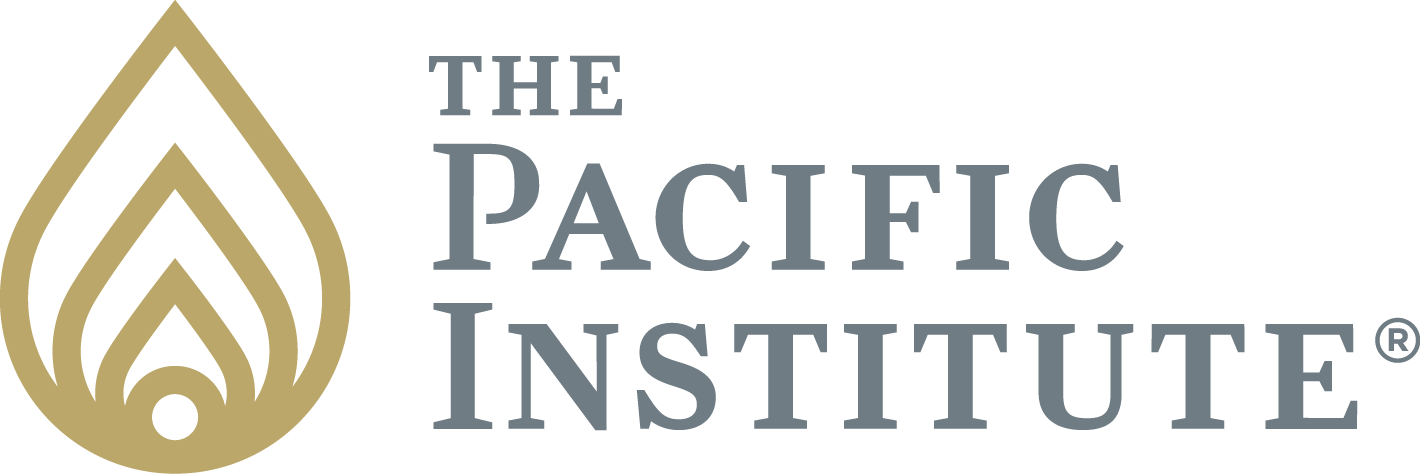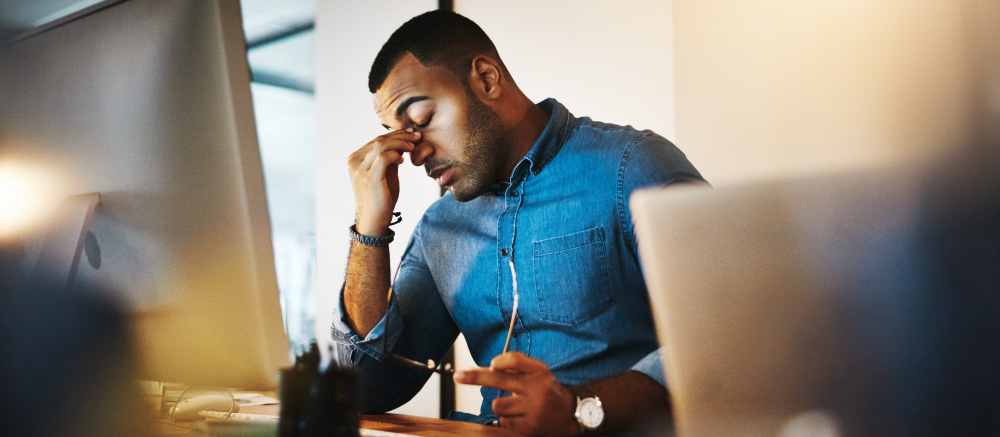The idea of being free has absorbed the thinking of philosophers down through the ages. With a broad brush, the idea of freedom has created societies for the people, or against them. Today, though, let’s take the idea of “free” and place it in a far more personal context.
A lot of us grew up with the notion that we are free people, able to choose where we live, what we do for a living, and to come and go at will. But many people, although certainly free in these ways, are emotional prisoners. Have you ever thought about what it means to be emotionally free?
Dr. David Viscott, a well-known psychiatrist, said that emotional freedom means that you can do what you want, when you want to do it. You see, when you are emotionally free, the premise is that you believe in your own good-ness and you act to increase your sense of self-worth. You understand that whatever interferes with this self-belief is false, so you seek to exclude and avoid those falsehoods.
Being emotionally free comes down to being free to believe in yourself and in your special-ness, and feeling free to make the most of it. Of course, all of this requires that you be free in expressing your emotions and responsible for the consequences of doing so. Freedom without responsibility breeds trouble, just as responsibility without freedom breeds resentment.
As you become an emotionally free person, you release the claim on you that is held by the past, and you become increasingly able to give freely to others. You are better able to decide what is truly in your best interests, as you live your life to the fullest in the present, as well as in the future.
To learn more about this idea, you may want to see if you can find a copy of Dr. Viscott’s book, “Emotionally Free – Letting Go of the Past to Live in the Moment.” Though Dr. Viscott has passed, and the book was originally published in 1993, it is still available. (You guessed it – on Amazon.)





